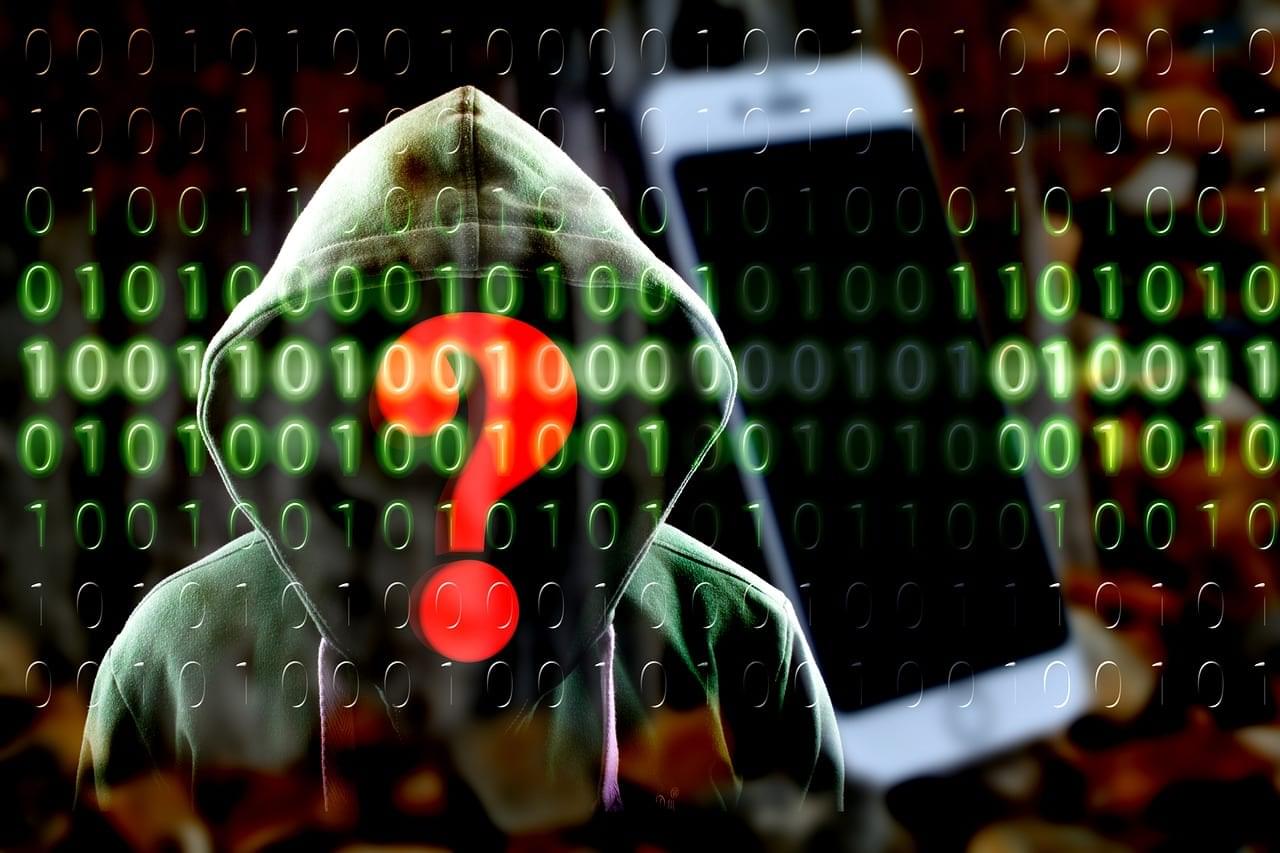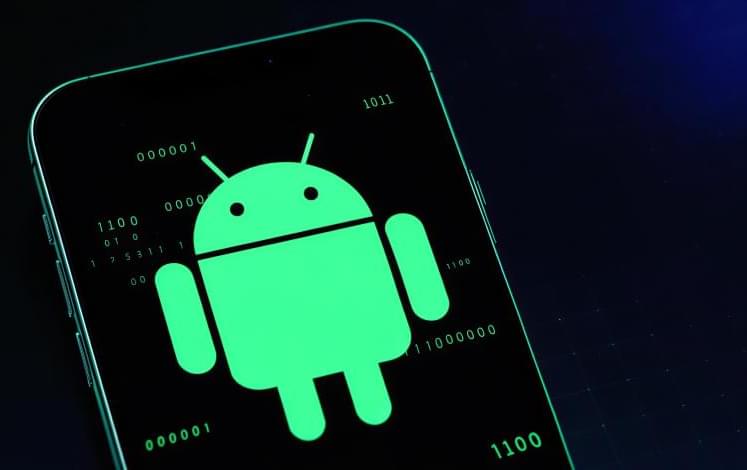By Chuck Brooks and Bill Bowers.
Every time you send a text, pay for groceries with your phone, or use your health site, you are relying on encryption. It’s an invisible shield that protects your data from prying eyes. Encryption is more than just a technological protection; it is the basis for digital trust.
Encryption is more than just safeguarding data; it is also about protecting people. It helps ensure privacy by protecting persons from spying and exploitation. And it is widely adopted to help ensure digital transaction security. For National Security it serves to protect key infrastructure and government communications. And it has a human rights function by providing citizens with peace of mind by ensuring the safety of their personal information. In places where surveillance is widespread, encryption can even defend free expression and opposition. It is a human right in this digital age.
In my book Inside Cyber: How AI, 5G, IoT, and Quantum Computing Will Transform Privacy and Security, I referred to encryption as the “linchpin of privacy and commerce in a connected society.” Without it, the digital economy would crumble under the strain of criminality, fraud, and spying.








